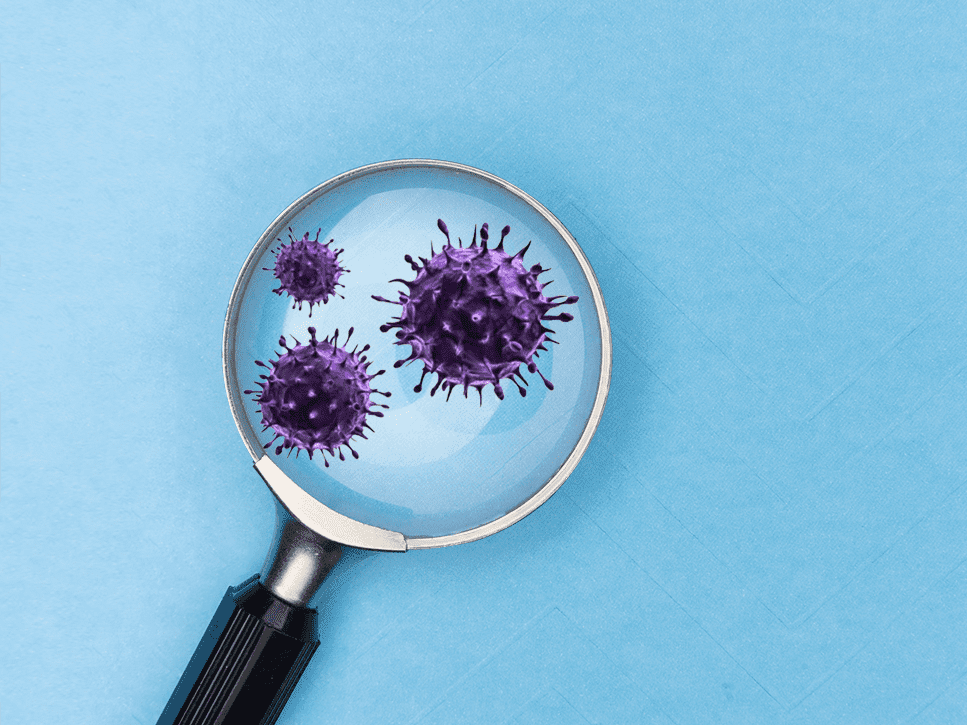Less known in Europe than Ginseng, Astragalus is a plant widely used in Chinese medicine for its energizing and stimulating properties of the body's immune mechanisms.
Like ginseng and rhodiola rosea, astragalus is an adaptogenic and tonic plant : it increases the body's ability to react to physical and psychological stress.
We'll give you a quick presentation.
The origins of Astragalus
The plant
Astragalus Membranaceous or Astragalus Propinquus (Huang Qi in Chinese) is a flowering plant whose roots are used for their therapeutic properties.
The species is not considered threatened (see Legume data base ) and it is one of the most studied by researchers due to its tonic and energizing properties .
Astragalus: a much-studied plant
Used for more than 20 centuries to treat various diseases, Astragalus Membranaceous has been the subject of numerous scientific studies in China obviously, but also in the USA, Russia, etc.
Its historically known properties are also scientifically confirmed. (1)
The benefits of Astragalus
Astragalus is attributed with numerous properties and multiple benefits linked to its composition .
The adaptogenic properties of astragalus are largely linked to the richness of its roots in active molecules such as polysaccharides, triterpenes, flavonoids and amino acids.
Here are the main ones:
Anti-fatigue and toning action
Astragalus contains numerous polysaccharides (molecules formed by a large number of elemental sugars).
These complex carbohydrates participate directly in the production of cellular energy and help the body to fight fatigue more quickly.
Stimulation of the immune system and immune response
Astragalus contains triterpene saponins.
The role of triterpene saponins (astragoloside and cycloastragenol) in the immune response has been scientifically demonstrated at several levels, including:
- By increasing the proliferation of T lymphocytes
T Lymphocytes are white blood cells responsible for so-called “cellular” immunity . They have the ability to eliminate pathogens that infect the body.
- By catalyzing the synthesis of “messenger” interferon
Interferon is a substance produced by white blood cells whose role is to trigger a defense reaction in all the cells of the body responsible for immunity.
An anti-aging action
More recently the beneficial effect of cycloastragenol on the repair of DNA telomeres in nerve cells has been demonstrated.
Telomeres have an essential role in longevity , numerous studies are underway to better understand the mechanism of this anti-aging molecule.
Antiviral action
In poultry, he demonstrated that Astragalus flavonoids disrupted the reproduction of the bronchitis virus (2)
Antimicrobial action
A study carried out in vitro in 2009 also demonstrated the role of Astragalus polysaccharides against certain microbes such as Staphylococcus Aureus and Streptococcus (3).
The molecular richness of Astragalus root is therefore at the origin of its many virtues and benefits.
The active ingredients of Astragalus are still the subject of numerous studies, particularly on their usefulness in protecting the cardiovascular system. (4)
The significant doses to feel these actions are of the order of 3 to 5 grams of root powder/day (if astragalus is taken alone) or in the form of an extract (1/10) of 300 to 500 mg.
Astragalus in food supplements
No counterproductive effects in the defense against Coronavirus
On April 17, 2020, given the exceptional health situation we are experiencing which is leading to a proliferation of immunostimulating products on the market, ANSES* published the following warning:
“Several plants have been identified as having counterproductive effects in the defense against the coronavirus. These are plants containing salicylic acid derivatives (analogues of aspirin), such as willow, meadowsweet, birch, poplar, goldenrod, polygalas etc.). »
Astragalus is not part of this list but as its anti-inflammatory properties are often mentioned, we looked into this question further before using Astragalus in our Immuno Tonus formula.
It appears that these properties are demonstrated in the case of tissue inflammation resulting from the introduction of carcinogenic substances into the organism studied (and with very high daily doses, beyond 20 gr/day)
* National National Food Safety Agency
Our Organic Immuno Tonus formula
We have combined, within the same capsule: Astragalus with extracts of Ginseng and Acerola and two essential oils for a synergistic action aimed at improving the body's tonic and immune response with a natural solution.
Each capsule contains:
- Astragalus (100 Mg of dry extract dosed with 20% flavonoids, to have a significant and guaranteed content of these essential active ingredients)
- Extracts of Ginseng and Acerola dosed with vitamin C
- Grapefruit and Eucalyptus essential oils
Our Essentials with Astragalus, Ginseng, Acerola and essential oils:

Immuno Tone
19€ for 2 months of treatment!
This formula allows a modular adaptogenic effect (from 1 to 3 capsules/day) allowing effective stimulation of the body to react to infectious attacks without risk of negative effects.
Sources
(1) http://www.wikiphyto.org/wiki/Astragalus
(2) https://pubmed.ncbi.nlm.nih.gov/29170045/
(3) https://www.ncbi.nlm.nih.gov/pubmed/19307623
(4) https://www.ncbi.nlm.nih.gov/pmc/articles/PMC6470777/
https://www.docteurclic.com/traitement/interferon.aspx
 04 74 03 98 80
04 74 03 98 80









